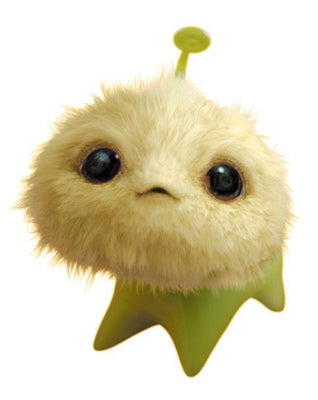December Bookclub was The Best Science and Nature Writing 2013, a collection of articles hand-picked by Siddhartha Mukherjee, author of Emperor of all Maladies (reviewed by Dad here and Lauren here).
The complete list of Mukherjee's selections is here.
Here are my thoughts on the articles I read:
MICHELLE NIJHUIS.
Which Species Will Live? [log-in required]
From
Scientific American
This was a bleak but interesting analysis of the techniques conservationists use to triage efforts to save different species from extinction.
BRETT FORREST.
Shattered Genius
From
Playboy
I was surprised this made it on the list, actually, since the topic was ostensibly the current activities of reclusive math genius Grigori Perelman, yet the interviewer only managed to exchange a few sentences with the man. More than others have achieved, but not much to go on. The discussion of the Poincaré conjecture's history was interesting, however. (Now you can say you "read Playboy for the articles"!)
DAVID OWEN.
The Artificial Leaf
From
The New Yorker
One man's quest to create artificial photosynthesis as a source of clean energy for the developing world. Moderately interesting.
GARETH COOK.
Autism Inc.
From
The New York Times
I loved this article. After Thorkil Sonne's child Lars was born with autism, Thorkil was saddened to learn that most research suggested Lars would lead a deficient life. In fact, however, Lars demonstrated impressive and unexpected talents (e.g., following a family trip at 7 years old, Lars was able to draw a perfect reproduction, from memory, of the entire highway network from Scotland to Germany). Thorkil was inspired by his son's talents to create a consulting agency specializing in matching autistic individuals with jobs for which they are uniquely suited. The agency has been a terrific success. An inspiring and very interesting story!
NATHANIEL RICH.
Forever and Ever
From
The New York Times Magazine
This was perhaps my favorite of the articles in this collection: the story of Shin Kubota, a marine biologist specializing in an immortal (seriously) species of jellyfish known as Turritopsis dohrnii. Dr. Kubota is unique worldwide in his ability to successfully breed and maintain the finicky Turritopsis in captivity, and has devoted his life to unlocking its secrets. He is also a minor celebrity in Japan (akin to Bill Nye in America), due to his second passion: writing and singing jellyfish-themed karaoke songs in the guise of his alter ego, Mr. Immortal Jellyfish Man (photo below). One of Kubota's charming songs is “I Am Shin Kubota":
My name is Shin Kubota
Associate professor of Kyoto University
At Shirahama, Wakayama Prefecture
I live next to an aquarium
Enjoying marine-biology research
Every day, I walk on the beach
Scooping up with a plankton net
Searching for wondrous creatures
Searching for unknown jellyfish.
Dedicate my life to small creatures
Patrolling the beaches every day
Hot spring sandals are always on
Necessary item to get in the sea
Scarlet medusa rejuvenates
Scarlet medusa is immortal
STEPHEN MARCHE.
Is Facebook Making Us Lonely?
From
The Atlantic
An interesting (if depressing) analysis of loneliness in the modern world, in which we are always"connected" yet feel increasingly isolated.
KEVIN DUTTON.
The Wisdom of Psychopaths
From
Scientific American
I did not read this entire article (it was long and sort of pop-sciencey) but it was interesting enough. The thesis is that psychopaths can teach us valuable lessons (e.g., about self-confidence and navigating conflict) if we embrace their attitudes in moderation.







